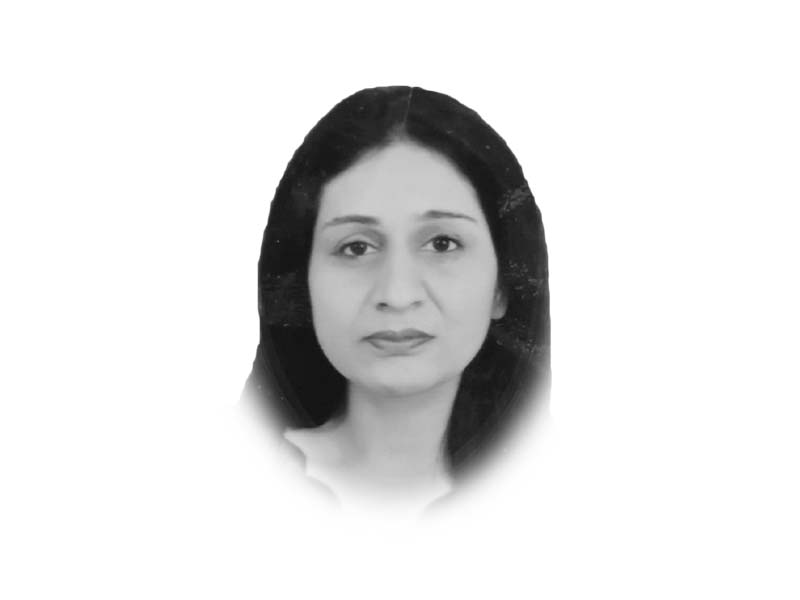
Despite the wealth and resources it is blessed with, Pakistan lags behind in the race of development. A vibrant country with a population of over 22 million and a lot of potential and sufficient resources, Pakistan is a country whose economic growth is still in the budding stages even after a period of 73 years. This fortunate piece of land, however, ranks at 152 out of 189 countries on the Human Development Index (HDI) 2019 — the lowest amongst South Asian countries.
Despite largely being an agricultural country, Pakistan today is not even self-sufficient in producing its basic staple crop wheat. With the most fertile land and the largest irrigation system in the world, Pakistan is unable to provide food for its own people. Not long ago, Pakistan’s textiles had one of the highest global standing but unfortunately, we have lost that place to countries like Bangladesh and Thailand.
Every year Pakistan receives heavy rains in the monsoon season, which provide ample opportunity for the country to benefit by developing reservoirs in the form of dams or catchment areas but instead this opportunity is wasted due to flash floods and loss of life and infrastructure.
These are just a few issues that pose an important question as to why every prospective opportunity turns into a misfortune for Pakistan. We can go on with the list but that would be too clichéd.
While Pakistanis may be very patriotic, when it comes to actual numbers, Pakistan ranks 120 out of 180 on the corruption index of the Transparency International (TI).
Since its establishment Pakistan has been struggling for political stability, unfortunately unable to exploit its true potential. Many factors have contributed to this state of affairs, external as well as internal. The Indo-Pak situation, the Afghan refugee crisis and the war on terrorism have had heavy impositions on Pakistan’s socio-economic development. But what has really hampered the growth and development of this country is internal politics. Pakistan has been a victim of political and religious extremism.
Many initiatives which would benefit the common man like providing relief to poor farmers or subsidies on utility products have been sabotaged. The inflation and price hike have also been used to keep the common man trapped in the vicious cycle of survival so he remains oblivious of the real problems.
Consequently, over the years the people have become apathetic towards the country’s real issues. Our institutions are weak, there is a lack of trust between the people and law enforcing agencies, our bureaucracy lacks credibility, our policymaking and implementation has no reliability — but we cannot hold just one government or party responsible for this anarchism. It has been a slow process fuelled by dishonesty, corruption, nepotism, manipulation, mistrust, exploitation, lack of integrity and serving the vested interests of powerful.
In March 2019, the World Bank published its “Pakistan @100 — Sharing the Future 2047” report which points out that it is basically the 22 elite families who are controlling 66% of the country’s industrial wealth and 87% of the banking sector and continue to constrain economic policymaking.
The report also highlights that Pakistan has the potential of becoming a $2 trillion economy in the next 28 years if it remains steadfast in its reforms and manages to reduce its population growth rate to 1.2%.
In spite of all the above, all we need is a little honesty, trustworthiness and a sense of responsibility to make this fortunately blessed land truly fortunate.
Published in The Express Tribune, November 29th, 2020.
Like Opinion & Editorial on Facebook, follow @ETOpEd on Twitter to receive all updates on all our daily pieces.

1719315628-0/BeFunky-collage-(8)1719315628-0-405x300.webp)


1731329418-0/BeFunky-collage-(39)1731329418-0-165x106.webp)








COMMENTS
Comments are moderated and generally will be posted if they are on-topic and not abusive.
For more information, please see our Comments FAQ